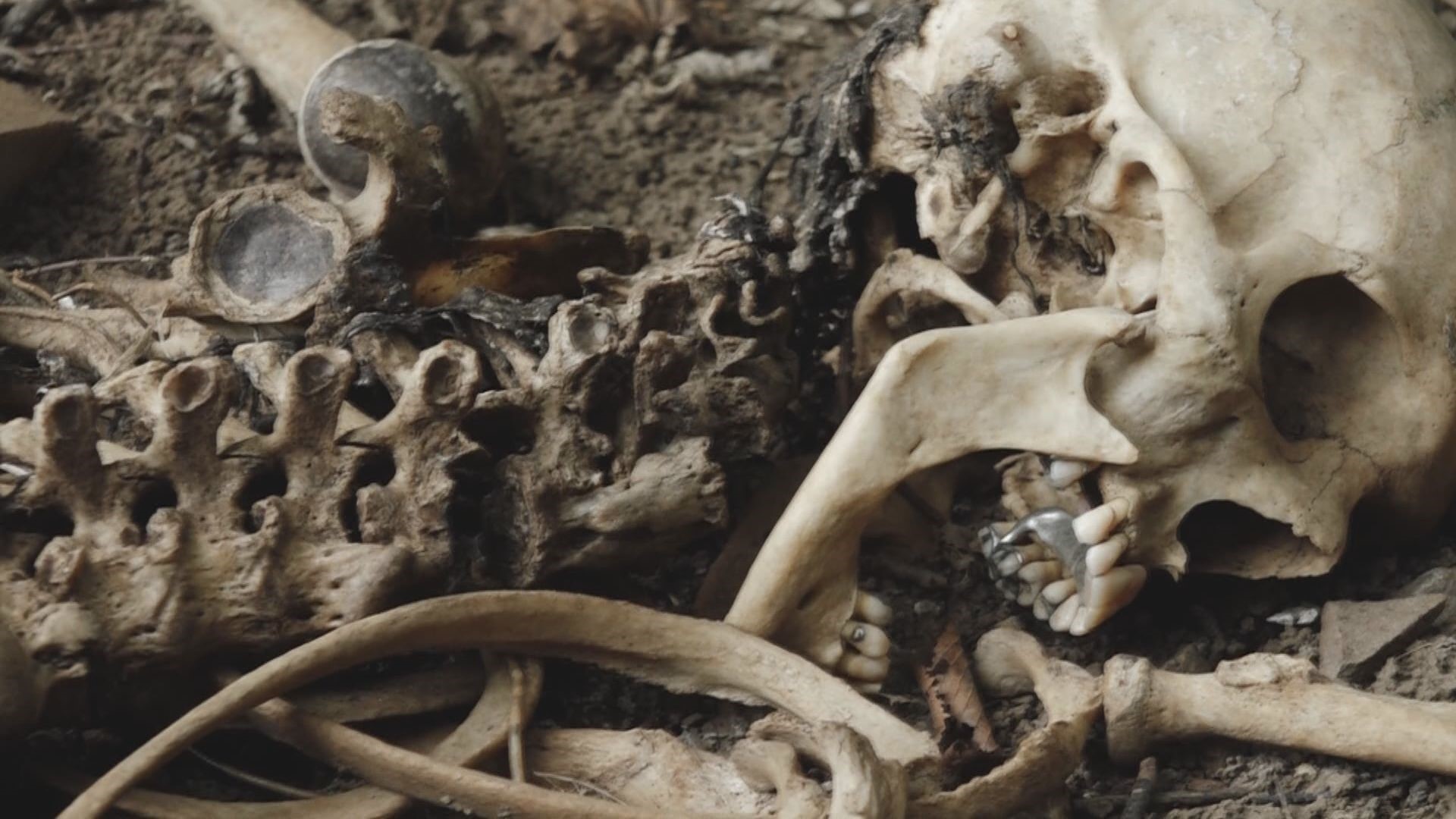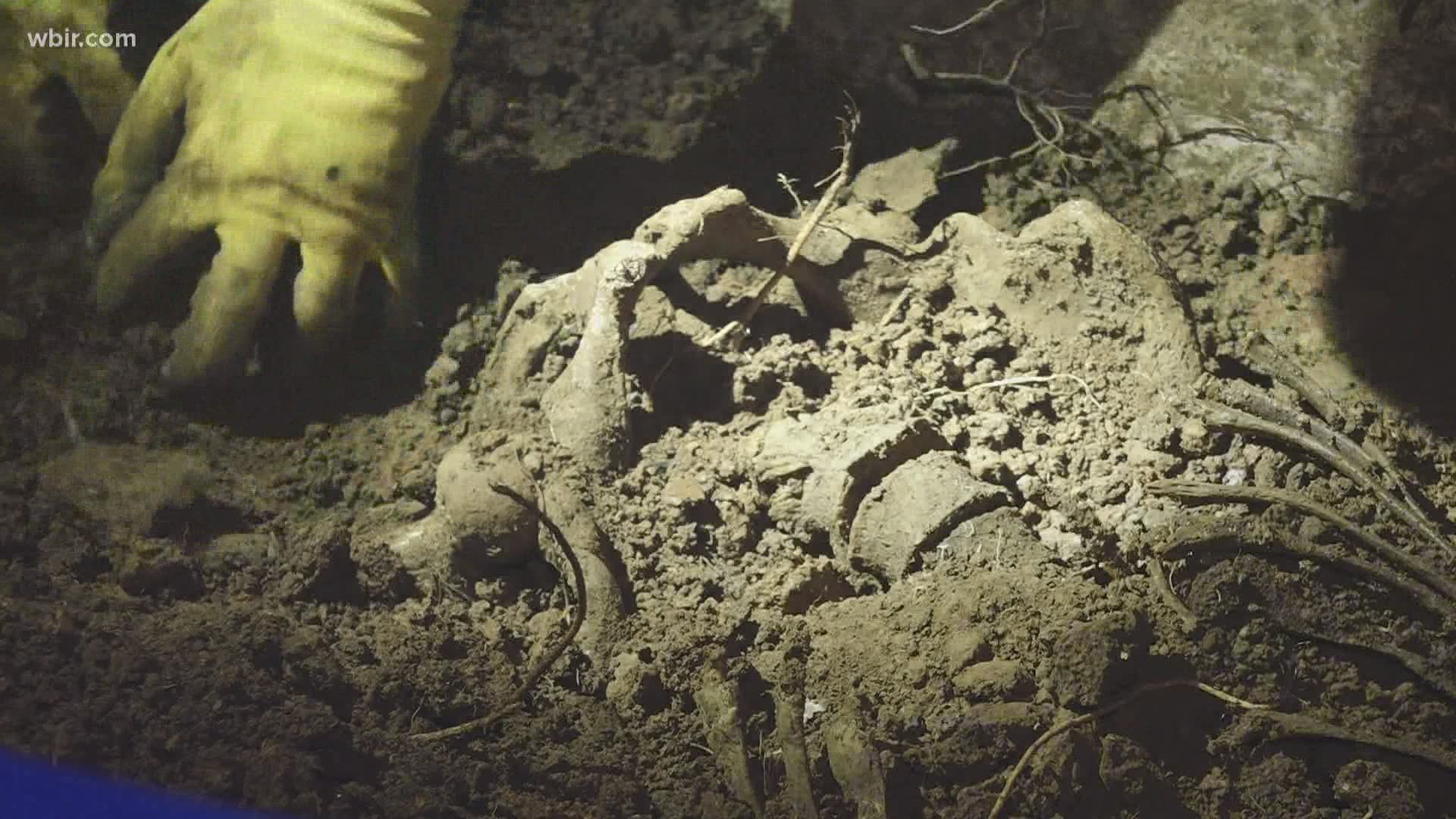The Body Farm: How it started, what it does, where it's going
Forensic anthropologist Dr. Bill Bass started the center in 1981. Today, it's internationally recognized for the research that goes on there.

Everybody dies. When it's our time to go, some of us will be embalmed, buried, some cremated.
There's a place at the University of Tennessee in Knoxville where bodies still tell stories long after their death.
It's called the Forensic Anthropology Center, better known by its nickname: The Body Farm.
After a janitor cussed him out for storing a corpse in the bathroom, University of Tennessee forensic anthropologist Dr. Bill Bass decided it was time to go to the dean. He needed some real space for the bodies he was studying.
Thus was born the Body Farm, the first forensic research center of its kind in the world.
RELATED: The Body Farm: How 3 obscure acres became a world-class research center for the science of death
What goes on behind the locked gates
Students, scientists or police are out every day at the Body Farm, working among the dead. Just what is it they do behind those locked gates?
They read the bones so cops can catch the killers
It's not like what the TV crime shows, but the forensic staff at UT are all in when it comes to helping police investigators figure out the details of the death.
Research never stops at UT forensic center
Whether it's fire's effects on bones, how medications affect scavengers or whether corpses can change tree colors, something's always being studied at the Body Farm.
Donor explains why she's ready to hand off her body after she dies
Lucinda Denton, 84, signed up years ago to be a Body Farm donor. Why not? she said. "When you're dead, you're dead."


